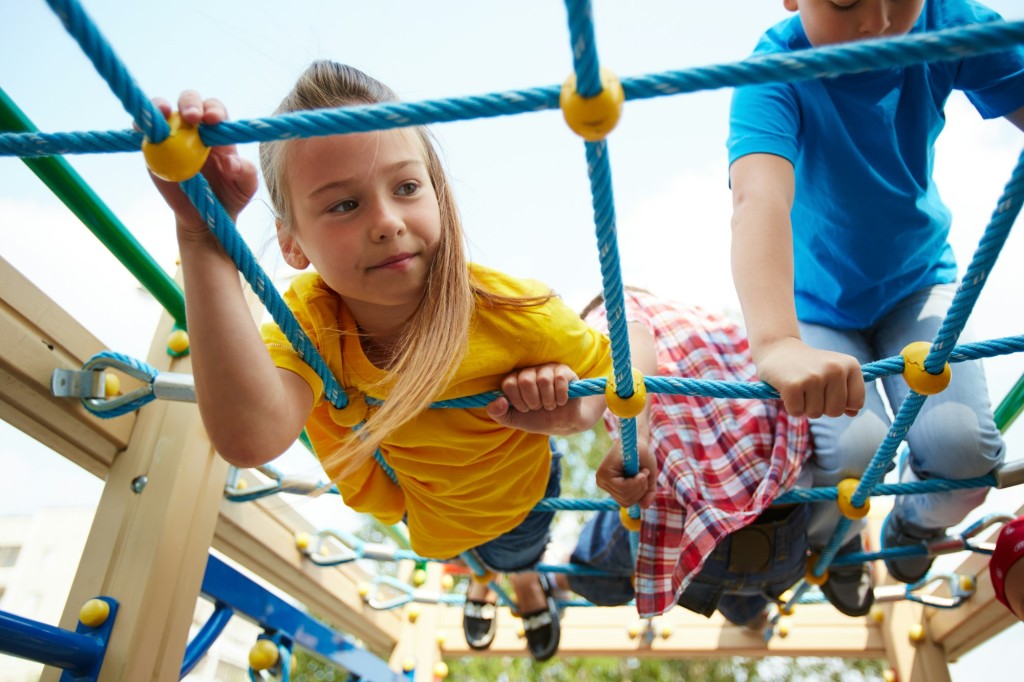
Recreational activities in healthcare settings are pivotal in improving patients’ overall well-being. These activities cater to diverse needs, from physical rehabilitation and mental health improvement to social engagement and cognitive stimulation. This module provides an in-depth look at the various types of recreational activities utilized in healthcare, highlighting their benefits, application methods, and considerations for different patient populations. By understanding the breadth and depth of these activities, healthcare professionals can better design and implement programs that enhance patient care and quality of life.
Objectives
By the end of this module, students will:
- Understand the various types of recreational activities used in healthcare.
- Learn the benefits and applications of each type of activity.
- Gain insights into the considerations for different patient populations.
- Develop skills to design and implement diverse recreational activities.
- Appreciate the holistic impact of recreational activities on patient well-being.
Physical Activities
Exercise and Fitness Programs
Exercise and fitness programs are integral to recreational therapy, promoting physical health and overall well-being. These programs can include aerobic exercises, strength training, flexibility routines, and cardiovascular activities. Exercise has numerous benefits, such as improving cardiovascular health, enhancing muscle strength, boosting mental health, and reducing the risk of chronic diseases.
Sports And Games
Sports and games offer fun and engaging ways to stay active. They can be adapted to suit various physical abilities and interests, from wheelchair basketball and adaptive tennis to boccia and seated volleyball. Participating in sports and games helps improve physical fitness, coordination, teamwork, and social interaction.
Dance And Movement Therapy
Dance and movement therapy uses dance’s expressive nature to improve physical and emotional health. This type of therapy is beneficial for patients with physical disabilities, mental health conditions, and cognitive impairments. Dance therapy enhances motor skills, provides a creative outlet for emotions, and promotes social engagement.
Cognitive And Educational Activities
Arts and Crafts
Arts and crafts activities, such as painting, sculpting, knitting, and woodworking, provide cognitive stimulation and foster creativity. They are also therapeutic, helping individuals express their emotions, improve fine motor skills, and boost self-esteem. Arts and crafts also offer opportunities for social interaction and community building.
Music And Drama Therapy
Music and drama therapy involve musical and theatrical activities to address physical, emotional, cognitive, and social needs. Music therapy can include playing instruments, singing, listening to music, and songwriting. Drama therapy uses role-playing, storytelling, and improvisation. Both treatments reduce stress, enhance communication skills, and promote emotional expression.
Educational Workshops and Classes
Educational workshops and classes allow patients to learn new skills, gain knowledge, and stay intellectually engaged. Topics range from health and wellness education to creative writing, computer skills, and language classes. These activities stimulate cognitive function, foster lifelong learning, and provide a sense of accomplishment.
Social And Community Activities
Group Outings and Social Events
Group outings and social events, such as trips to museums, parks, theaters, and community festivals, provide enjoyable experiences and opportunities for socialization. These activities help reduce feelings of isolation, promote community, and enhance quality of life.
Support Groups and Peer Interactions
Support groups and peer interactions offer a platform for patients to share experiences, provide mutual support, and build meaningful relationships. These groups can be based on shared conditions, such as chronic illness or mental health issues, and provide a safe space for individuals to discuss challenges and coping strategies.
Volunteer And Community Service Projects
Volunteer and community service projects allow patients to give back to their communities, fostering a sense of purpose and belonging. Activities can include volunteering at local charities, participating in environmental clean-ups, or helping organize community events. These projects enhance social connections, improve mental health, and promote civic engagement.
Relaxation And Mindfulness Activities
Meditation and Yoga
Meditation and yoga are effective techniques for promoting relaxation, reducing stress, and enhancing mental and physical well-being. Meditation practices include mindfulness, guided imagery, and breathing exercises, while yoga combines physical postures, breathing techniques, and meditation. Both activities help improve concentration, flexibility, and emotional balance.
Nature And Outdoor Activities
Nature and outdoor activities, such as gardening, hiking, birdwatching, and nature walks, provide physical exercise and mental relaxation. Being in nature has been shown to reduce stress, improve mood, and enhance cognitive function. Outdoor activities also offer opportunities for social interaction and environmental education.
Therapeutic Massage and Aromatherapy
Therapeutic massage and aromatherapy use touch and essential oils to promote relaxation, relieve pain, and improve mood. Massage therapy helps reduce muscle tension, enhance circulation, and promote well-being. Aromatherapy uses scents to trigger positive emotional responses, reduce anxiety, and improve sleep quality.
Technology-Based Activities
Virtual Reality and Simulated Environments
Virtual reality (VR) and simulated environments offer immersive experiences that can be therapeutic and enjoyable. VR can be used for pain management, physical rehabilitation, and mental health therapy. Simulated environments provide engaging activities like virtual travel, interactive games, and therapeutic simulations.
Online Games and Social Platforms
Online games and social platforms offer cognitive stimulation, social interaction, and entertainment opportunities. Games can range from brain-training apps to multiplayer online games, providing mental challenges and fostering social connections. Social platforms enable patients to stay connected with friends and family, participate in virtual support groups, and share experiences.
Digital Storytelling and Creative Applications
Digital storytelling and creative applications allow patients to express themselves through multimedia tools like video editing, digital art, and blogging. These activities encourage creativity, improve technical skills, and provide a platform for sharing personal stories and experiences. Digital storytelling can be particularly therapeutic for trauma or chronic illness patients.
